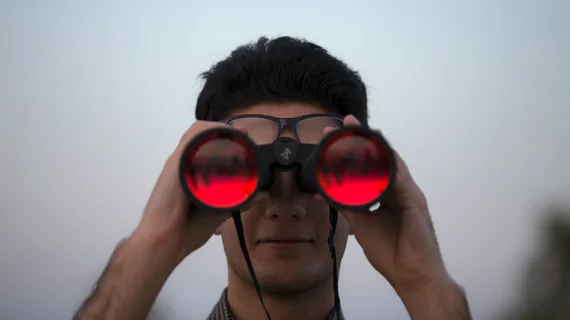Steward Health Care deployed spy outfits to thwart critics
Despite its financial turmoil and eventual bankruptcy, Steward Health Care allegedly spent millions spying on its adversaries, hiring intelligence companies to track and intimidate critics worldwide.
In what resembles a poorly written spy novel, Steward's leadership hired agents who placed tracking devices on the car of a financial analyst, accessed a healthcare executive’s phone to potentially blackmail him and circulated an allegedly false wire transfer to frame a politician, a report said.
The videos and documents with the incriminating details were obtained by journalism outfit the Organized Crime and Corruption Reporting Project and shared with the Boston Globe, who investigated the case further.
According to reporters, Steward executives who deployed these intelligence firms prioritized paying their bills over all others, including invoices from vendors and suppliers. Monthly expenses for intelligence services reached as high as $440,000, and from 2019 to 2023, Steward allocated over $7 million to these operations.
As to the legality of all of this, because the spying and fraud took place in various jurisdictions globally, it may not be possible to prosecute anyone responsible.
Read the full story from the Boston Globe below.

